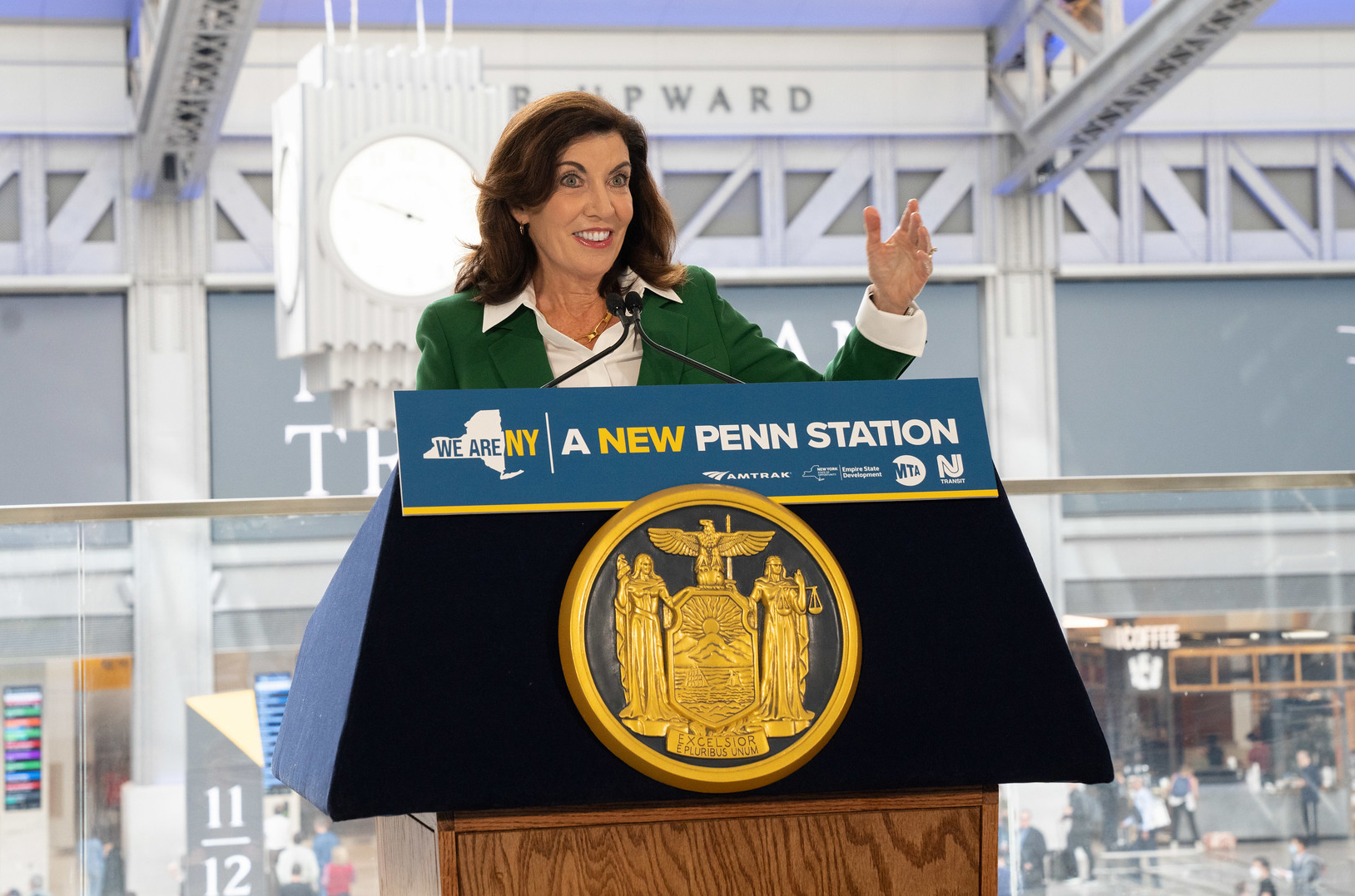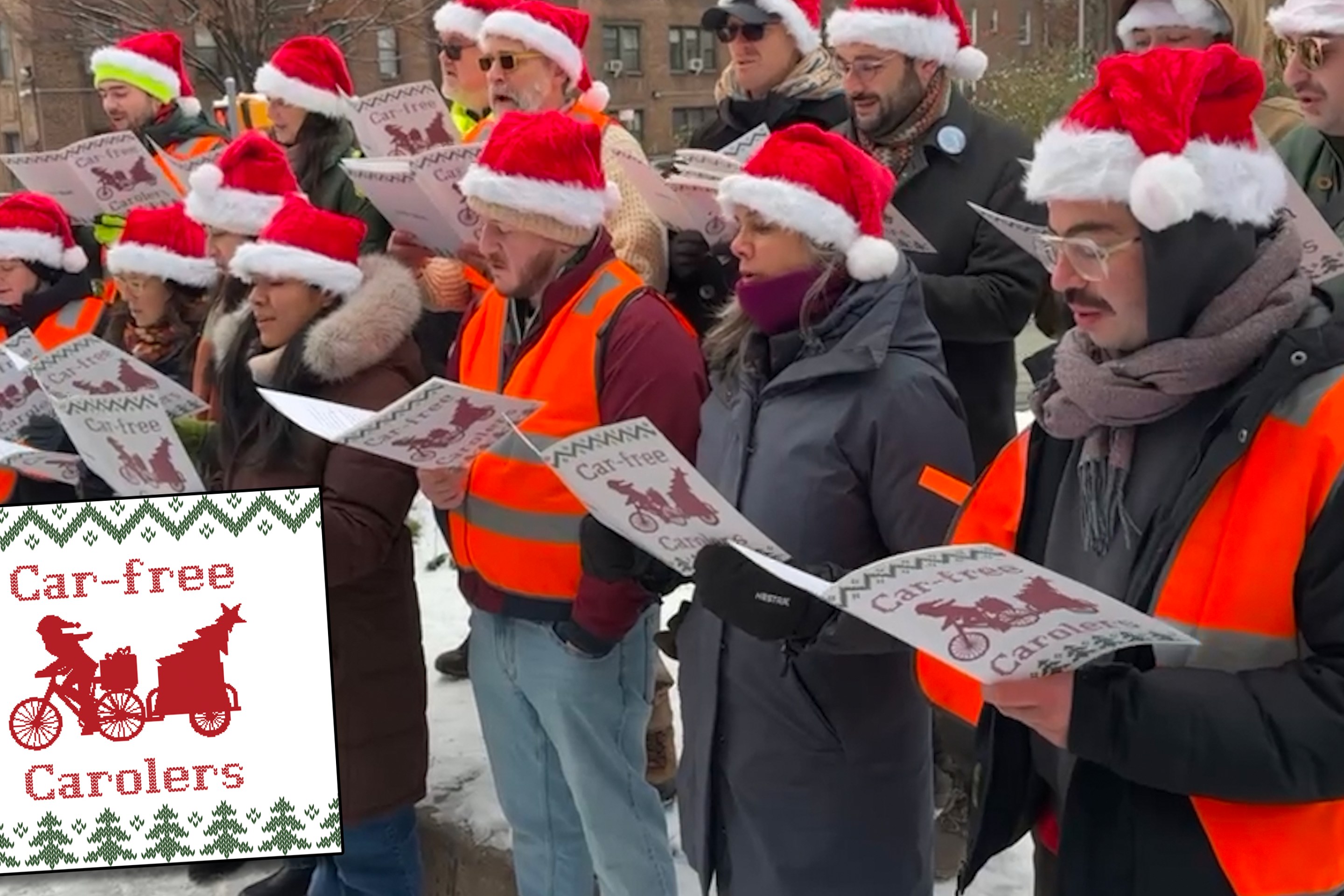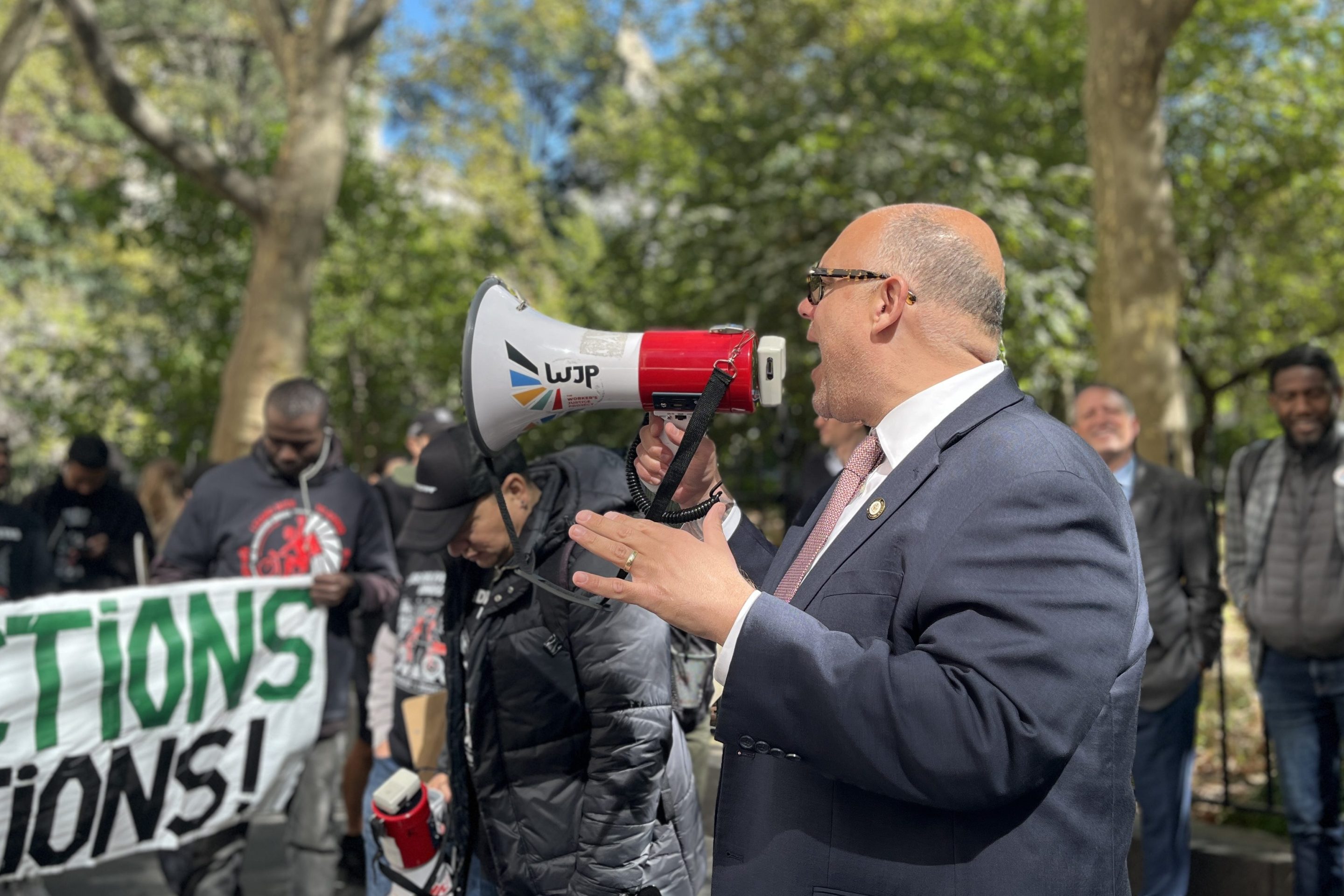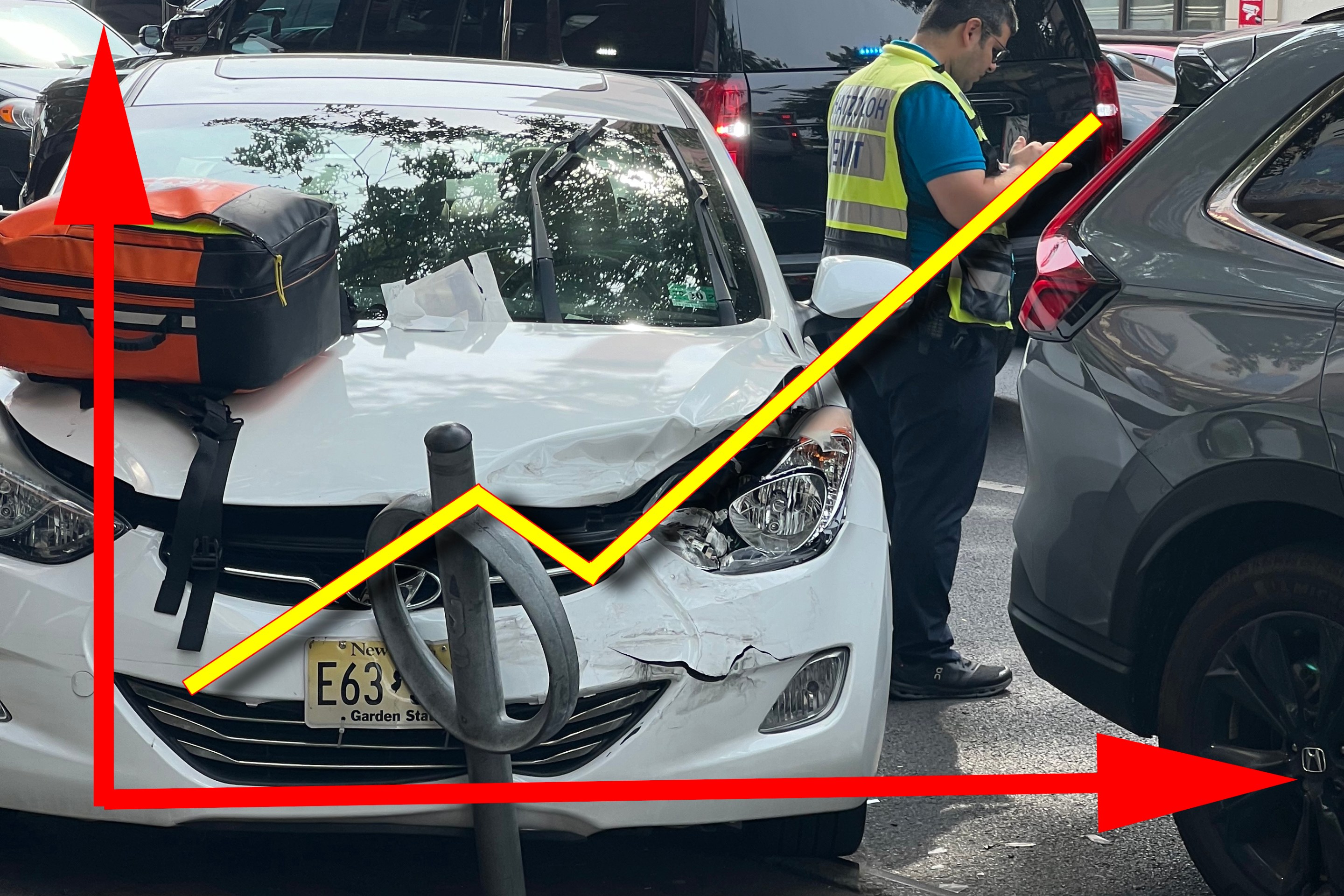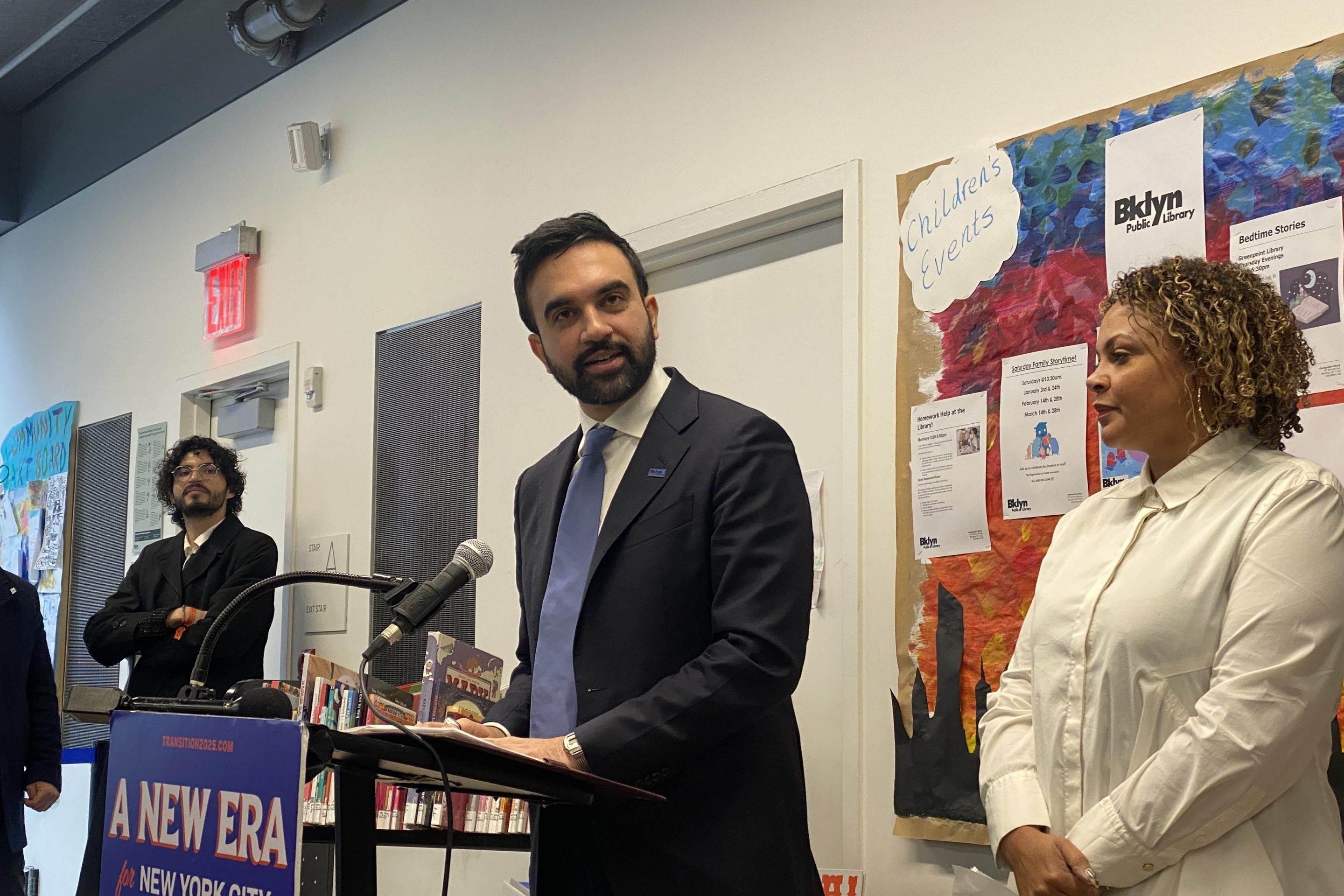Is reality finally catching up to Kathy Hochul?
The state will "consider other options" to fund its $7-billion renovation of Penn Station after the developer whose construction was supposed fund the project made clear it has no near-term plans to build in the area, the governor told WNYC on Thursday.
"We have a plan, an alternative plan. ... I will shift gears and find other ways to make sure this happens," the governor said of the MTA-led rehab, which was supposed to be funded at least in part by revenue from Vornado Realty Trust's new taxpayer-subsidized office towers.
"It is not contingent on what Vornado was planning in the entire neighborhood. It does not have to be wedded," she added. "We can be open-minded and consider other options at this time."
Hochul, asked on @WNYC about those who say the Penn Station revamp is dead: "I will shift gears and find other ways to make this happen.”
— Jon Campbell (@JonCampbellNY) March 9, 2023
The long-overdue admission came after Vornado, which owns five of eight development sites in the project zone, appeared to have gotten cold feet in the post-Covid market. The company has decided to focus on renting out existing properties, CEO Steve Roth told shareholders in February.
Hochul had frequently touted the project as a gift to commuters after taking office in 2021 and the on the campaign trail the following year. Under the scheme, the developer would pay discounted “payments in lieu of taxes” (aka PILOTs) to the state, which would in turn use the money to borrow to pay for Penn Station.
But raising that money soon would require Vornado to build soon, which is not in the cards. Vornado's timeline to build now stretches beyond two decades, putting construction too far in the future to fix Penn now.
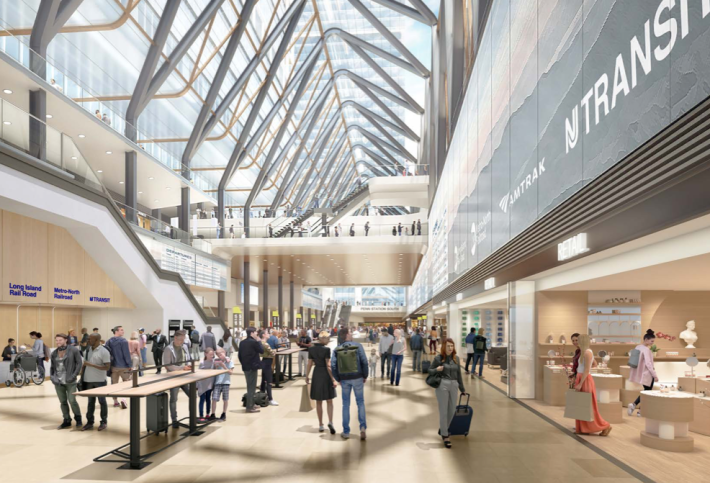
Roth gave maximum donations to Hochul’s re-election campaign last year and was also a political backer of both former President Donald Trump and former Gov. Andrew Cuomo, whose Empire State Development Corporation came up with the real-estate funding idea in the first place. Perhaps as a result, Hochul had been reluctant to admit the project was dead — until state Sen. Leroy Comrie signaled earlier this month that he wanted the administration to shift gears.
With "other options" now being considered, Hochul has a clean slate to figure out who will shoulder the cost — the state, the MTA, the city or the federal government — and what level of renovation the state should even be pursuing, said Layla Law-Gisiko, the land-use chair of Manhattan Community Board 5.
"Penn Station absolutely needs to be renovated," Law-Gisiko said. “We were made to believe that the Vornado scheme was the only way — the governor is agreeing today that that is not correct. There is a better way to go about addressing Penn Station and its myriad issues."
Hochul on Thursday insisted the state's focus is renovating the country's busiest transit hub — and not on the development she once claimed would "generate the revenue we need to fund the transformation of Penn Station.”
The $7 billion would gut the station's interior without changing its footprint, while a separate $13-billion proposal would add eight new tracks on the southern end of the station.
"My plan is simply to give New York commuters an experience that is not equated to a living Hell," she said. "They deserve to have a beautiful, light-filled uplifting experience when they arrive at Penn Station — our commuters, our residents and our visitors — and I'm committed to getting that done."
